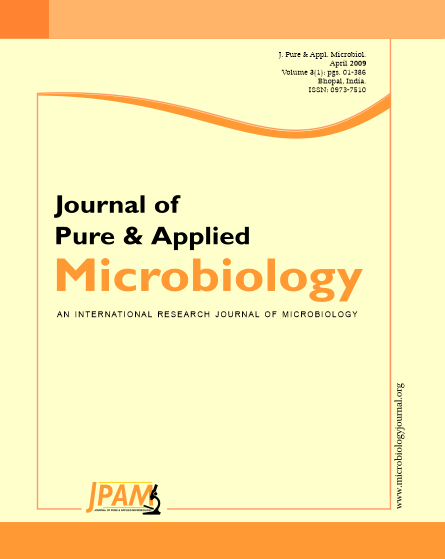This study examines the antimicrobial activity of Chloroform, Methanolic and aqueous extracts from different plant parts of 15 species which were collected in and around the Visakhapatnam, A.P. The extracts were used to screen in vitro for antimicrobial activity against different phytopathogenic microorganisms. Out of these plants eleven species showed antifungal as well as antibacterial activity based on inhibition zones in well diffusion assays. Significant antimicrobial activity was observed in the methanolic extracts of Terminalia chebula, Ocimum sanctum, Hyptis sueolences, Tephrosia villosa, Catheranthus roseus, etc. on Pseudomonas syringae, Xanthomonas campestris, Macrophomina phaseolina, and Curvularia lunata. The susceptibility of different phytopathogenic micro organisms to these plant extracts varied. The antimicrobial activity of extracts of few plants was compared with that of synthetic pesticides of Bavistin, Streptomycin etc. This study indicates the potentiality of these plant extracts in curing the diseases caused by Pseudomonas syringae, Xanthomonas campestris, Macrophomina phaseolina, and Curvularia lunata.
Phytopathogenic microbes, Plant extracts, Antimicrobial screening, Well diffusion assays, Traditional Indian medicine
© The Author(s) 2009. Open Access. This article is distributed under the terms of the Creative Commons Attribution 4.0 International License which permits unrestricted use, sharing, distribution, and reproduction in any medium, provided you give appropriate credit to the original author(s) and the source, provide a link to the Creative Commons license, and indicate if changes were made.


